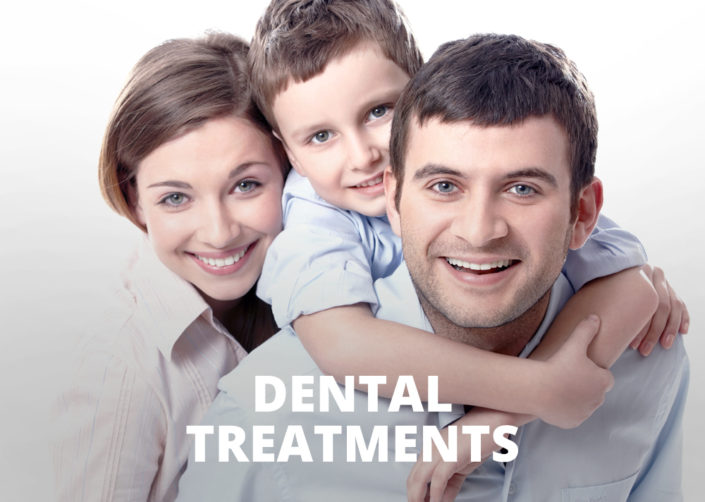Pain Issues
PAIN IN JAW
Jaw pain is any kind of pain or discomfort in the jaw area, which includes the lower jaw (mandible, often referred to as the jaw bone), temporomandibular joint (TMJ or jaw joint), and surrounding soft tissues. The TMJ connects the lower jaw to the temporal bone of the skull and is responsible for bringing the lower and upper jaws together. It is one of the most frequently used joints in the body.
Depending on the underlying cause, jaw pain can occur suddenly or build up over time. You may feel a dull ache, or it may be so painful that you can’t open your mouth to eat. Jaw pain may be triggered by various activities, such as eating, swallowing or merely touching the jaw area.
One of the most common reasons for jaw pain is stress to the temporomandibular joint, leading to temporomandibular joint disorder (TMD). TMD can be caused by wear and tear, injury, or disease of the joint and surrounding soft tissue.
Jaw pain can also be a sign of various other diseases, disorders and conditions. Relatively mild conditions, such as teeth grinding, can cause jaw pain. More serious conditions include rheumatoid arthritis, infection, and neuralgia. Acute jaw pain is also considered one of the hallmark warning signs of a heart attack.
SENSITIVE TEETH
Activities such as brushing, flossing, eating and drinking can cause sharp, temporary pain in your teeth. Sensitive teeth are typically the result of worn tooth enamel or exposed tooth roots. Sometimes, however, tooth discomfort is caused by or an indication of other factors such as a cavity, a cracked or chipped tooth, or a side effect of a dental procedure, such as bleaching.
If you’re concerned about sensitive teeth, start by visiting your dentist to identify or rule out any underlying causes of your tooth pain. Depending on the circumstances, your dentist might recommend:
- Desensitizing toothpaste
- Can help block pain associated with sensitive teeth.
- Fluoride treatment
- Can help strengthen tooth enamel and reduce pain
- Covering exposed root surfaces
- If receding gums are the cause of your sensitive teeth, your dentist might apply a sealant to cover the exposed tooth roots
- If your sensitive teeth cause severe pain and other treatments aren’t effective, your dentist might recommend a root canal
Tips to help to help prevent sensitive teeth from recurring and to maintain good oral health:
- Brush your teeth twice a day with a soft-bristled toothbrush and fluoride toothpaste
- Flossdaily
- Avoid excessive or harsh brushing/flossing
- Avoid highly abrasive toothpaste
- If you grind your teeth, ask your dentist about anightguard
- Consider limiting acidic foods and drinks (e.g. soda, citrus fruits, wine and yogurt) all of which can remove tooth enamel
- Use a straw to limit contact with your teeth when drinking acidic substances
- After eating or drinking an acidic substance, drink milk or water to balance the acid levels in your mouth
- Avoidbrushing your teeth immediately after eating or drinking acidic substances; acid softens enamel and makes it more vulnerable to erosion during brushing.
PAIN IN TEETH
A toothache is a pain in or around a tooth that may be caused by:
- Tooth fracture
- A damaged filling
- Tooth decay
- Abscessed tooth
- Repetitive motions, such as chewing gum orgrinding teeth
- Infected gums
INJURY TO FACE OR TEETH
DISLODGED TEETH
A dislodged, or luxated, tooth is one that has been partially pushed into or out of its socket, or sideways, during an injury. If this happens to you, see a dentist as soon as possible. He or she will reposition and stabilize your tooth.Fillings or the Root canal treatment is usually needed for permanent teeth that have been dislodged and should be started a few days following the injury.
Children between seven and 12 years old may not need root canal treatment since their teeth are still developing. For those patients, an endodontist or dentist will monitor the healing carefully and intervene immediately if any unfavorable changes appear. Therefore, multiple follow-up appointments are likely to be needed. New research indicates that stem cells present in the pulps of young people can be stimulated to complete root growth and heal the pulp following injuries or infection.











